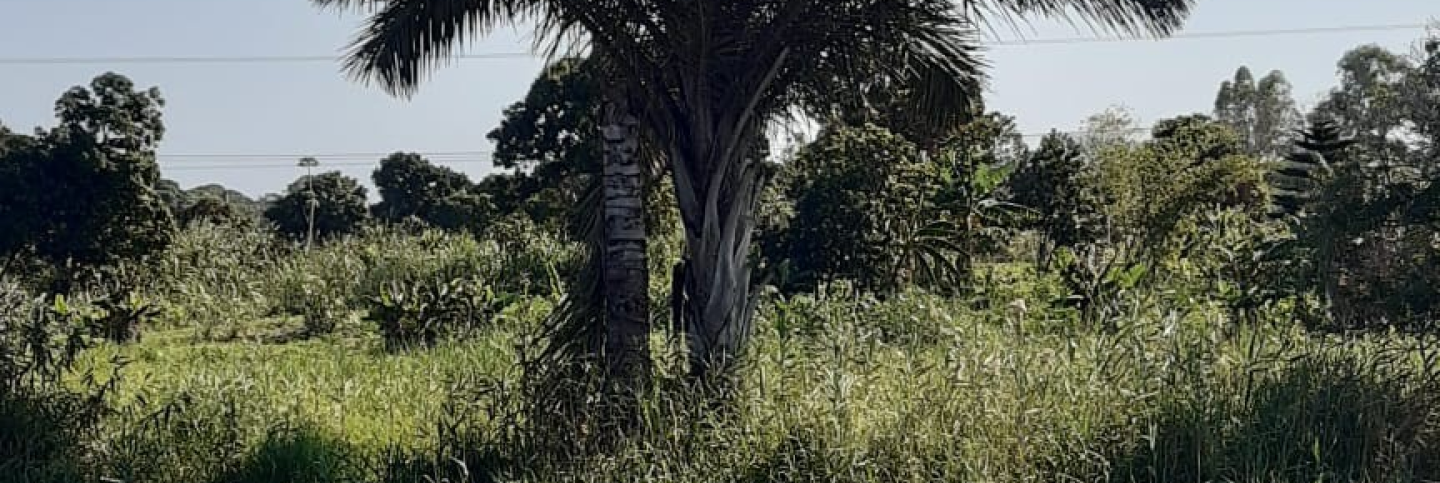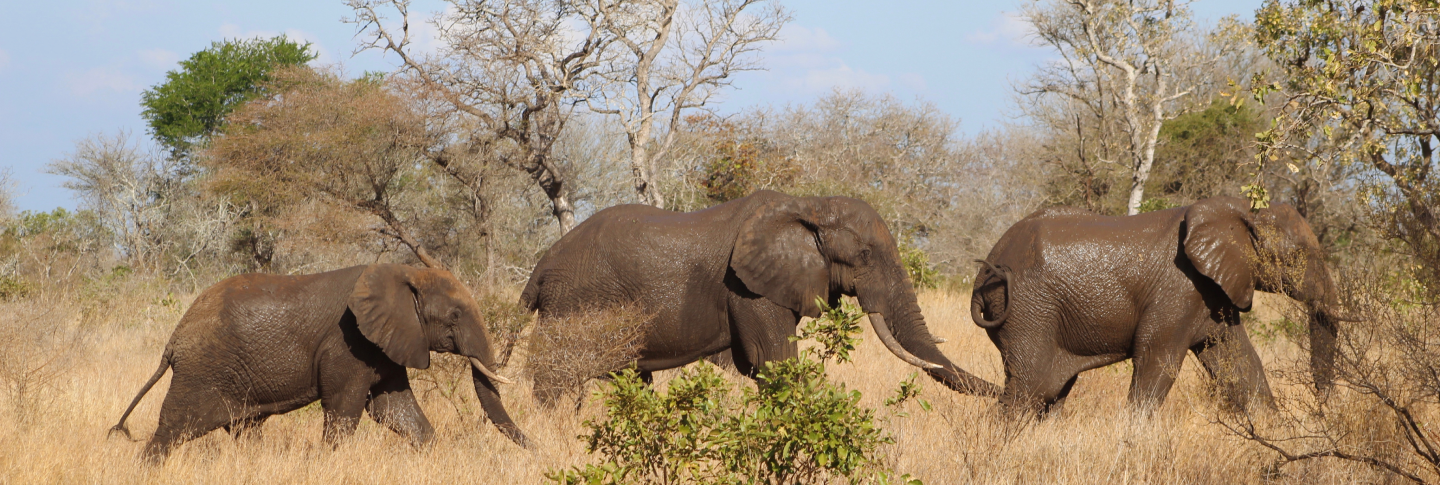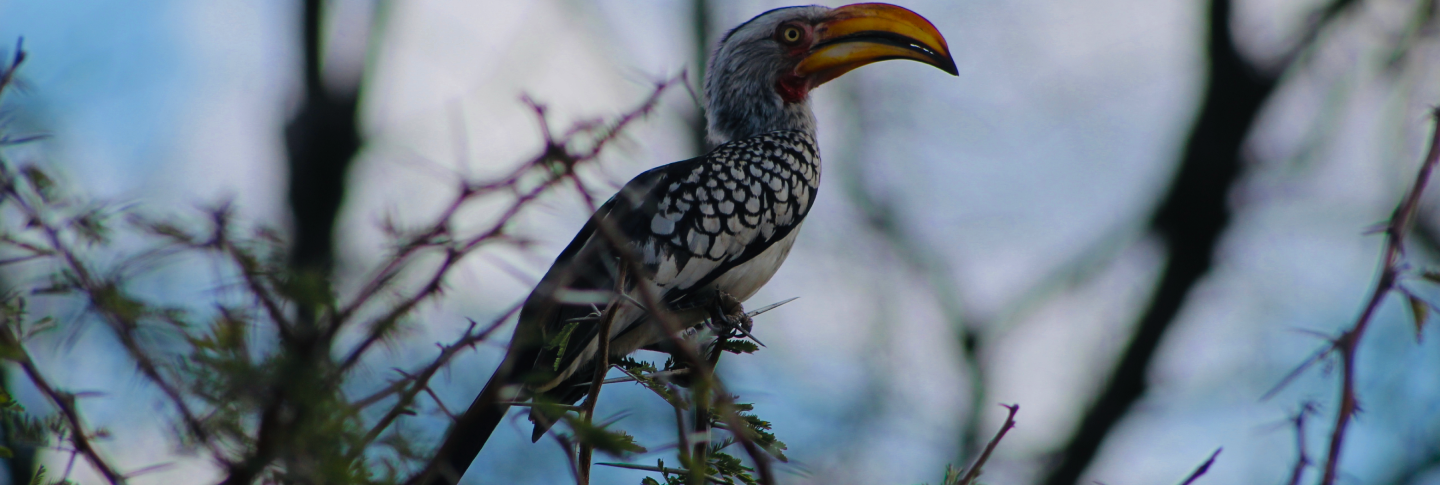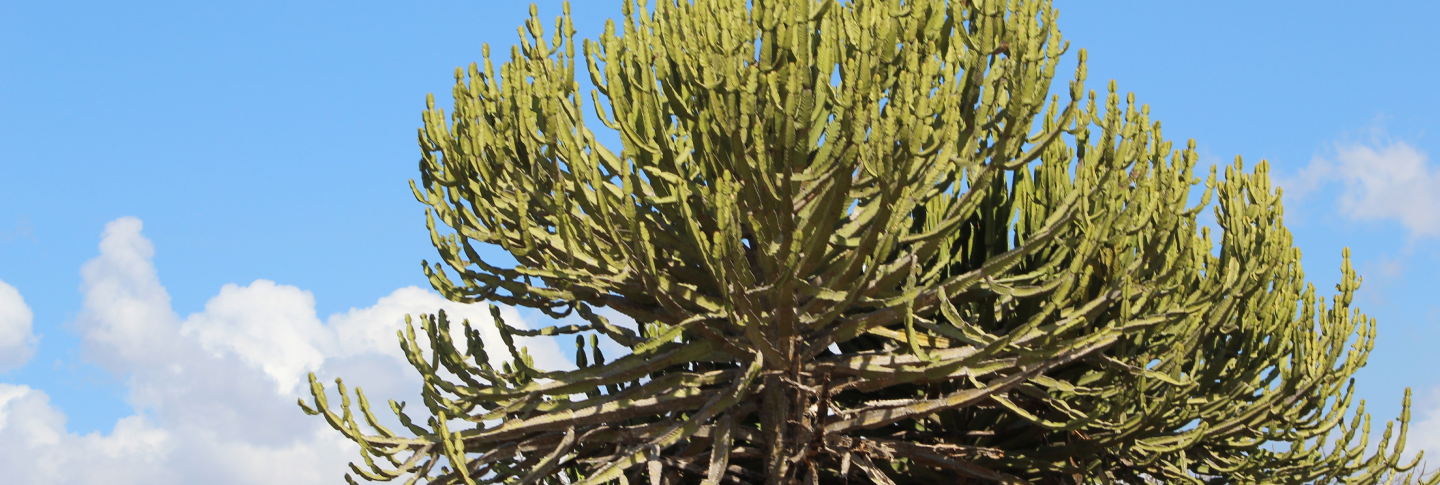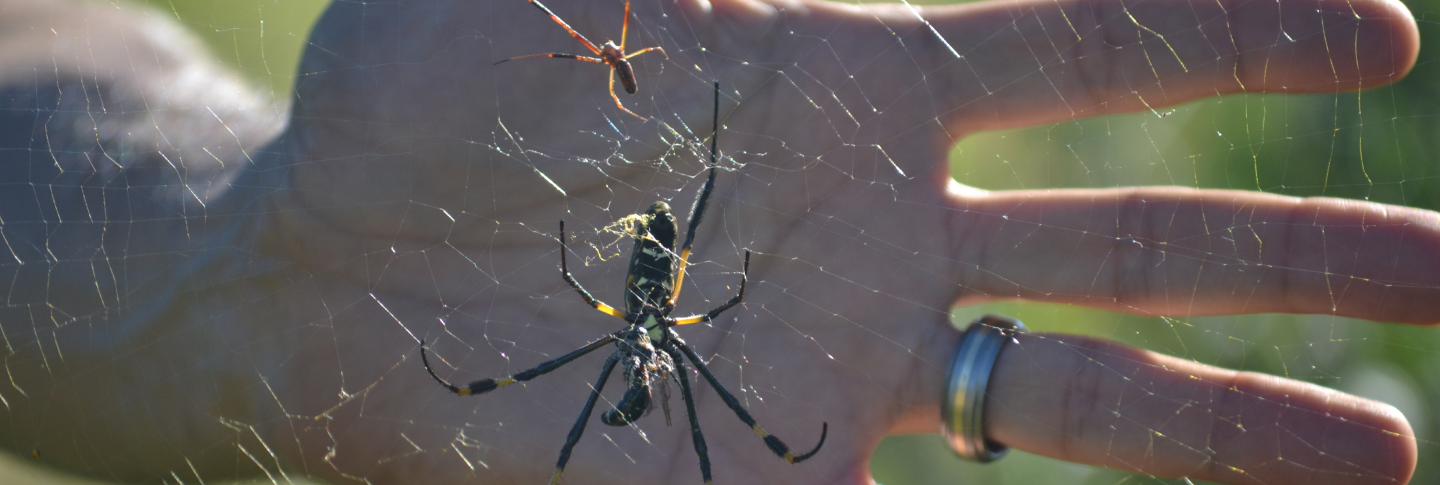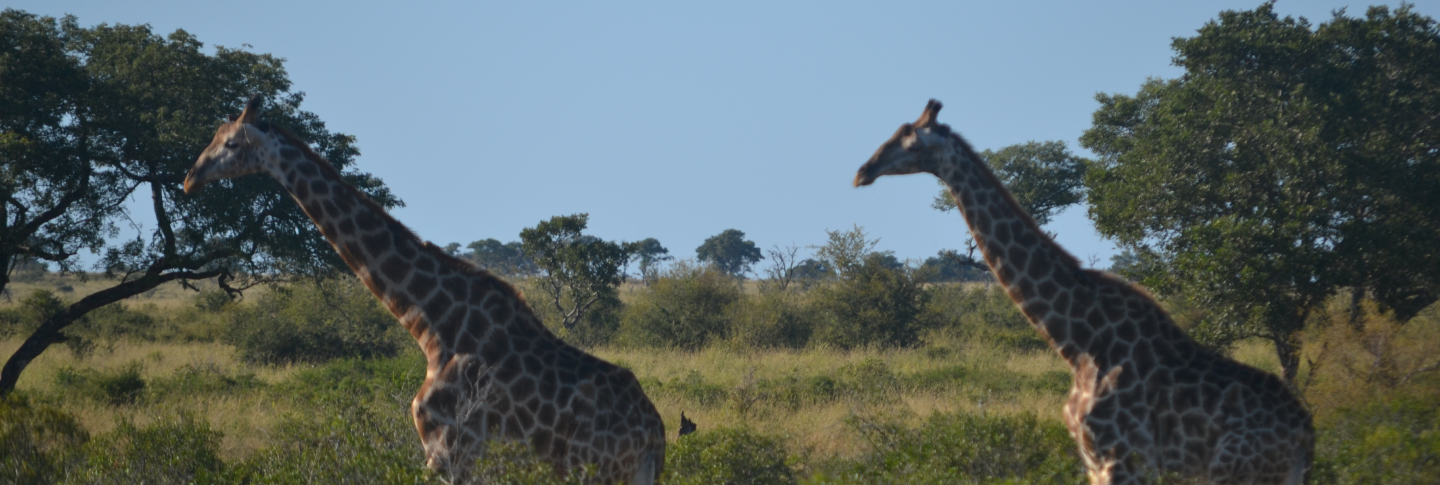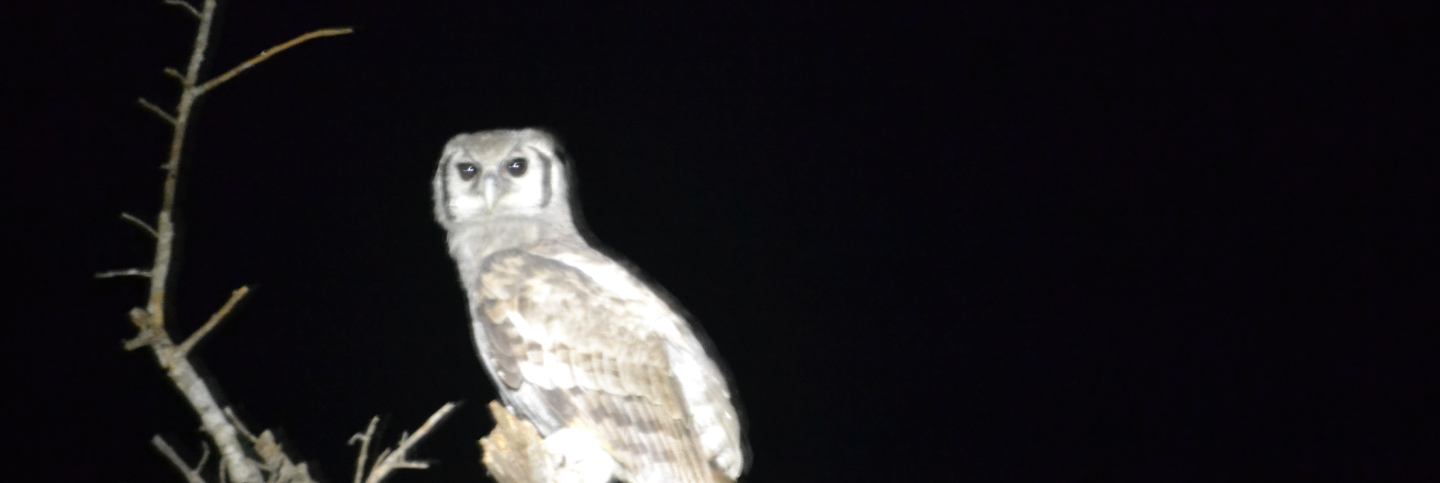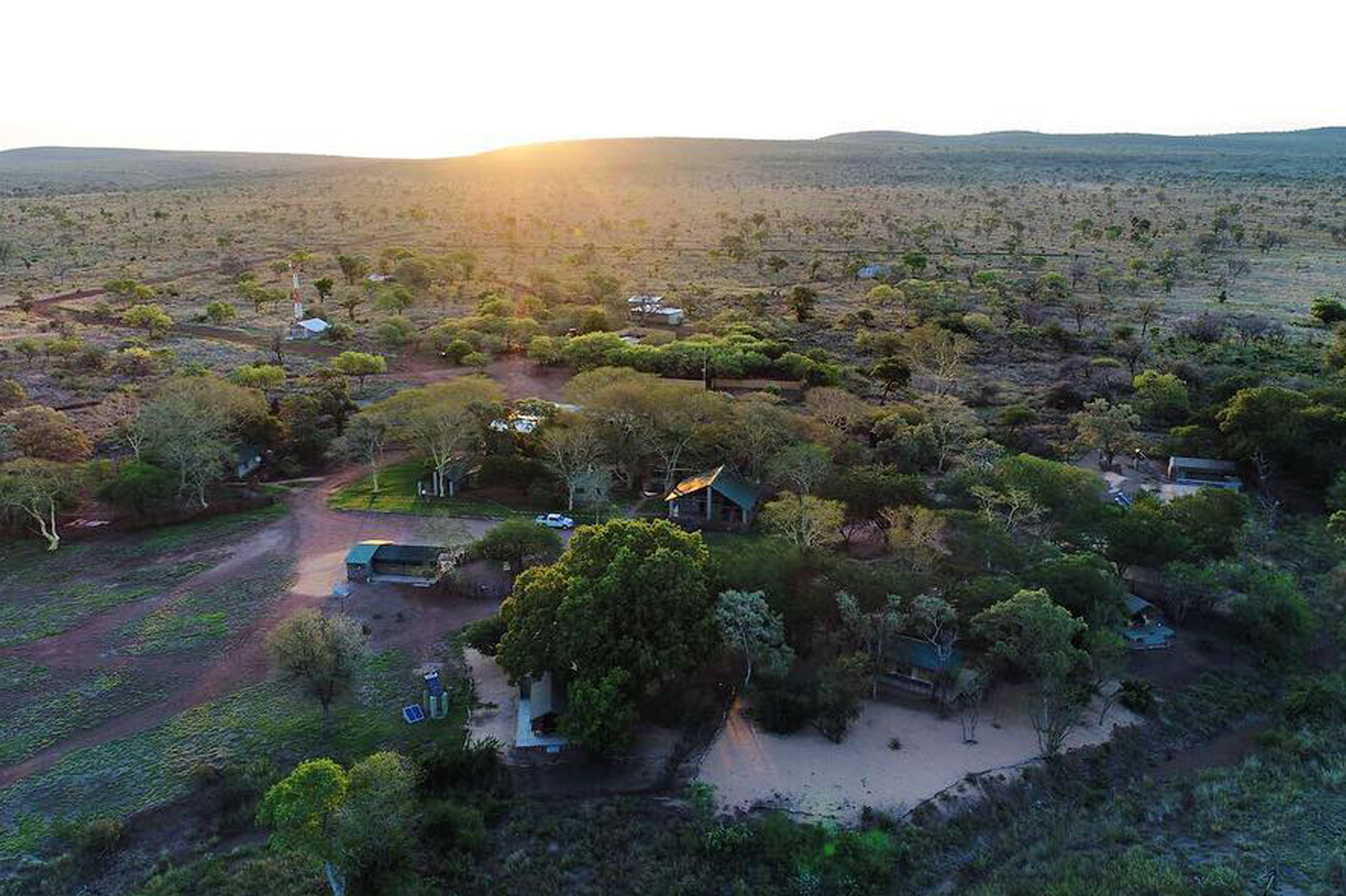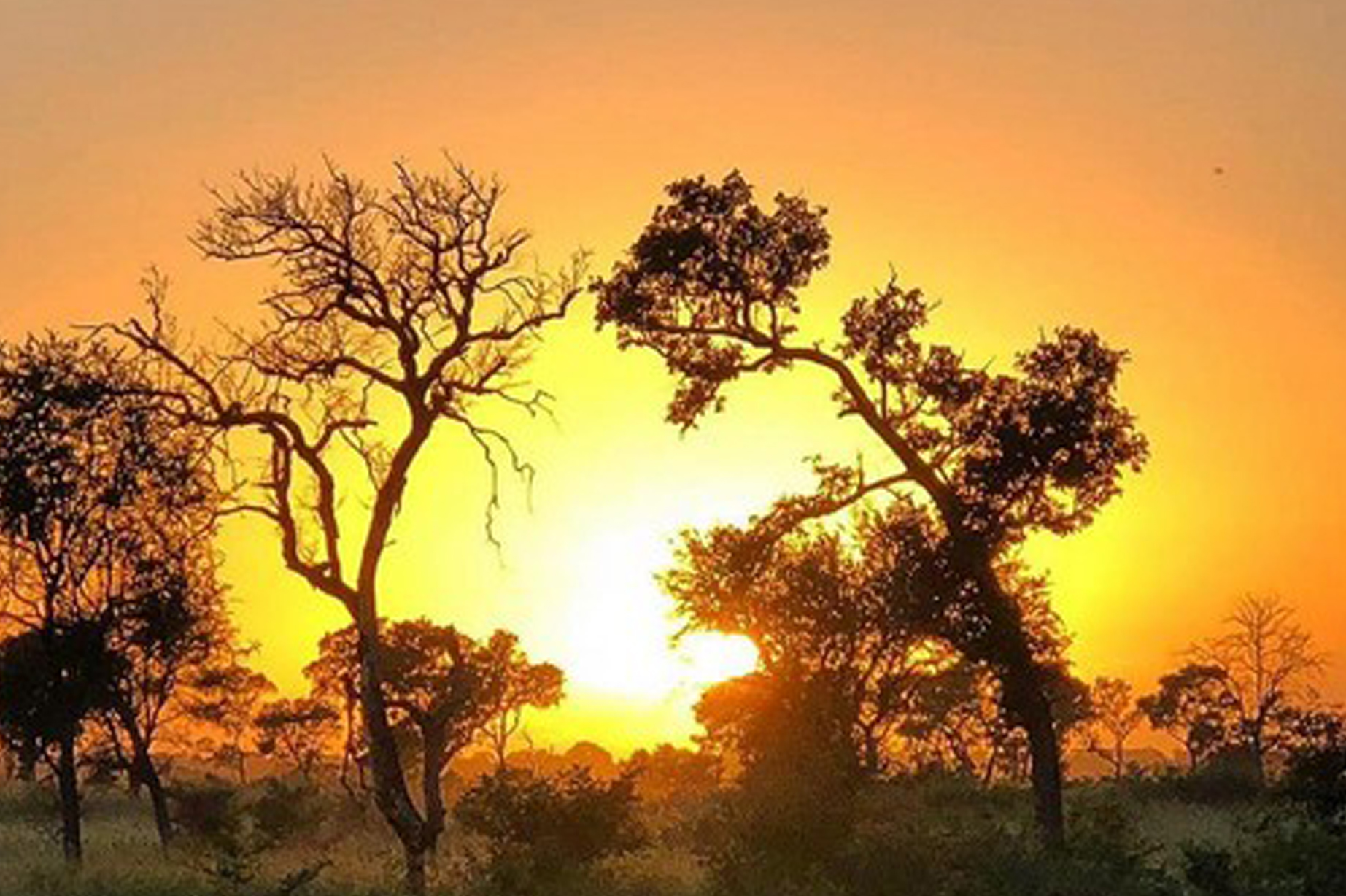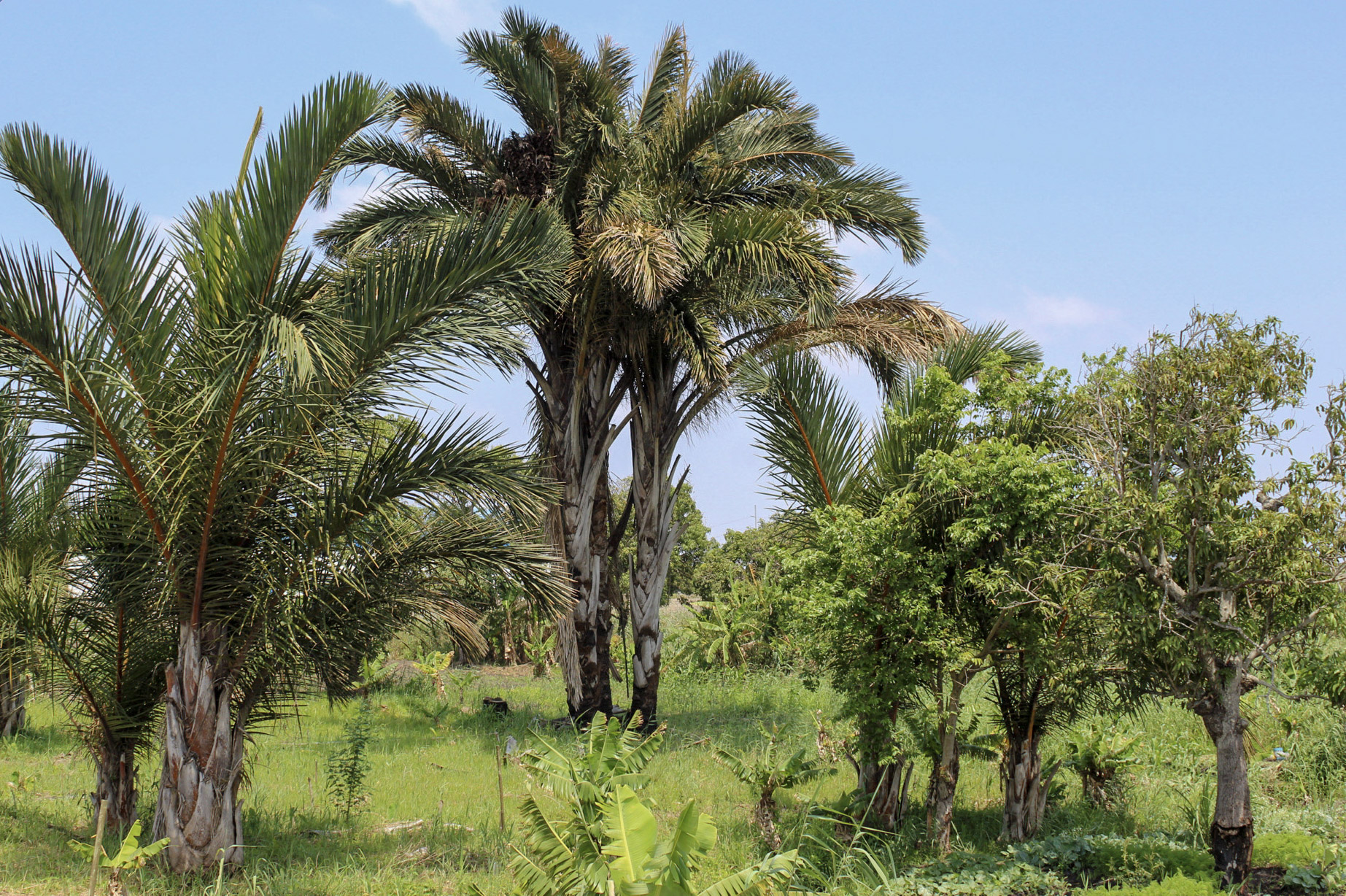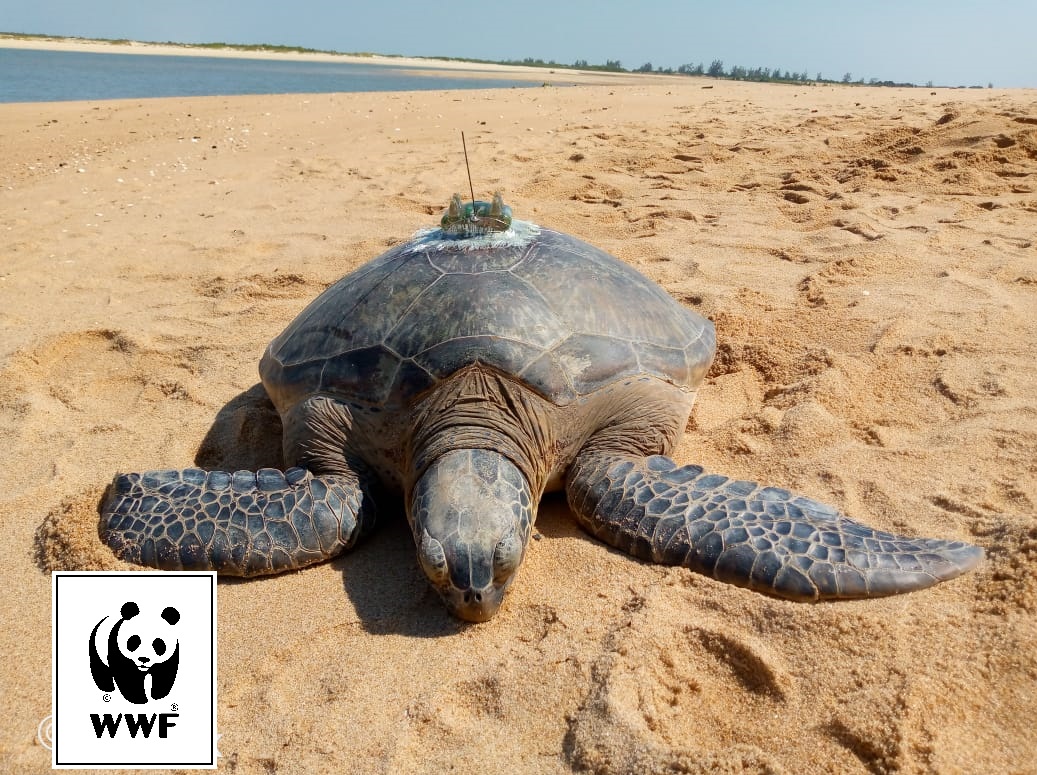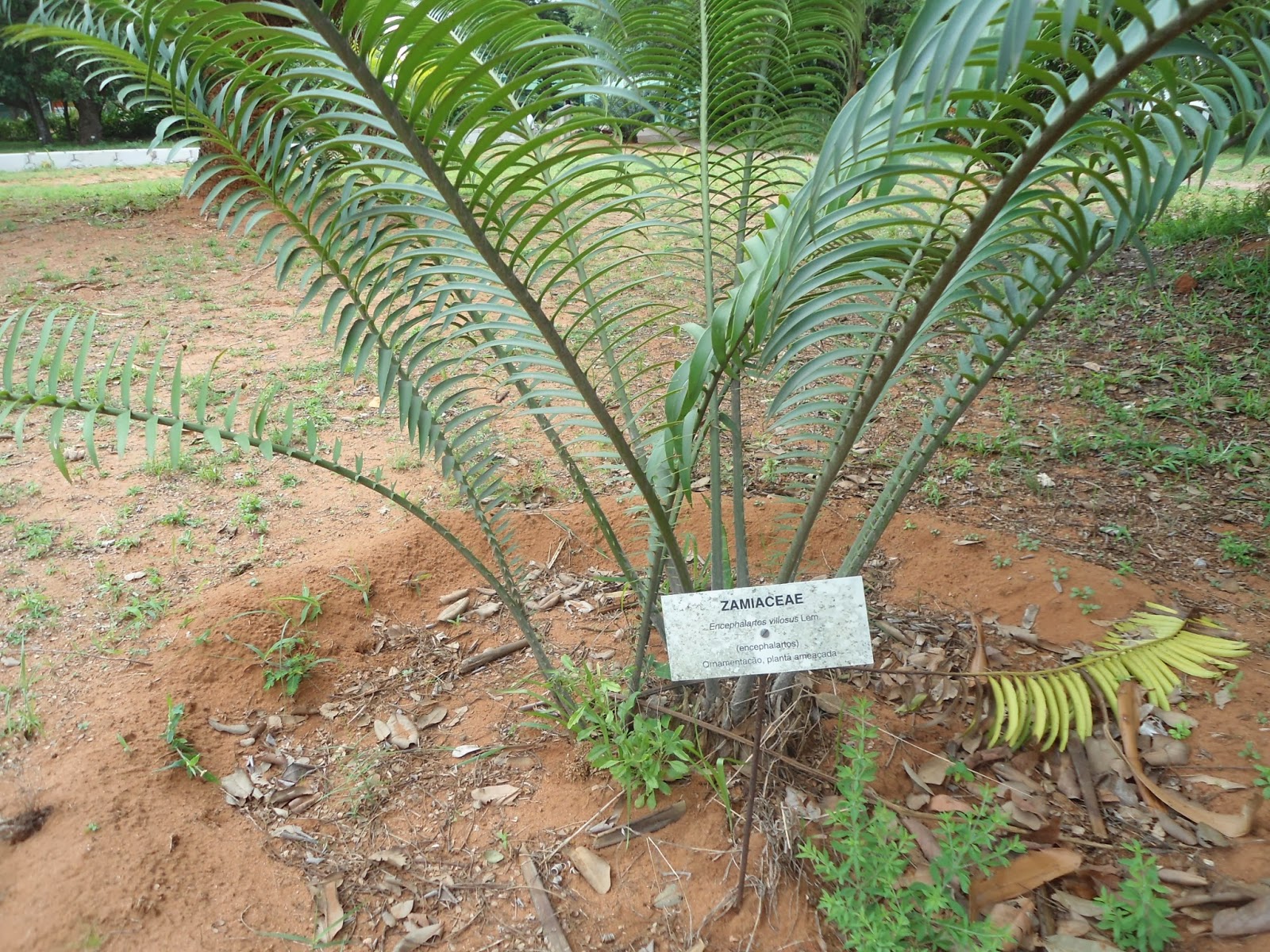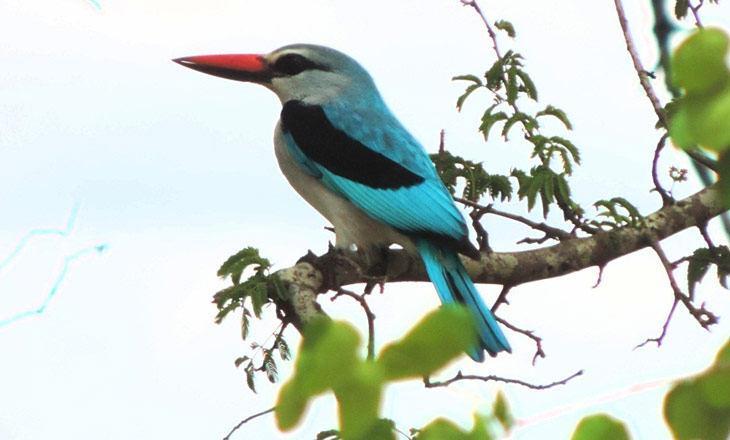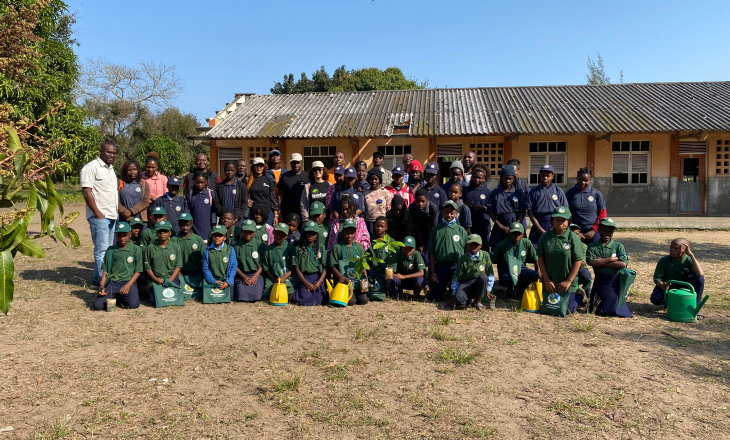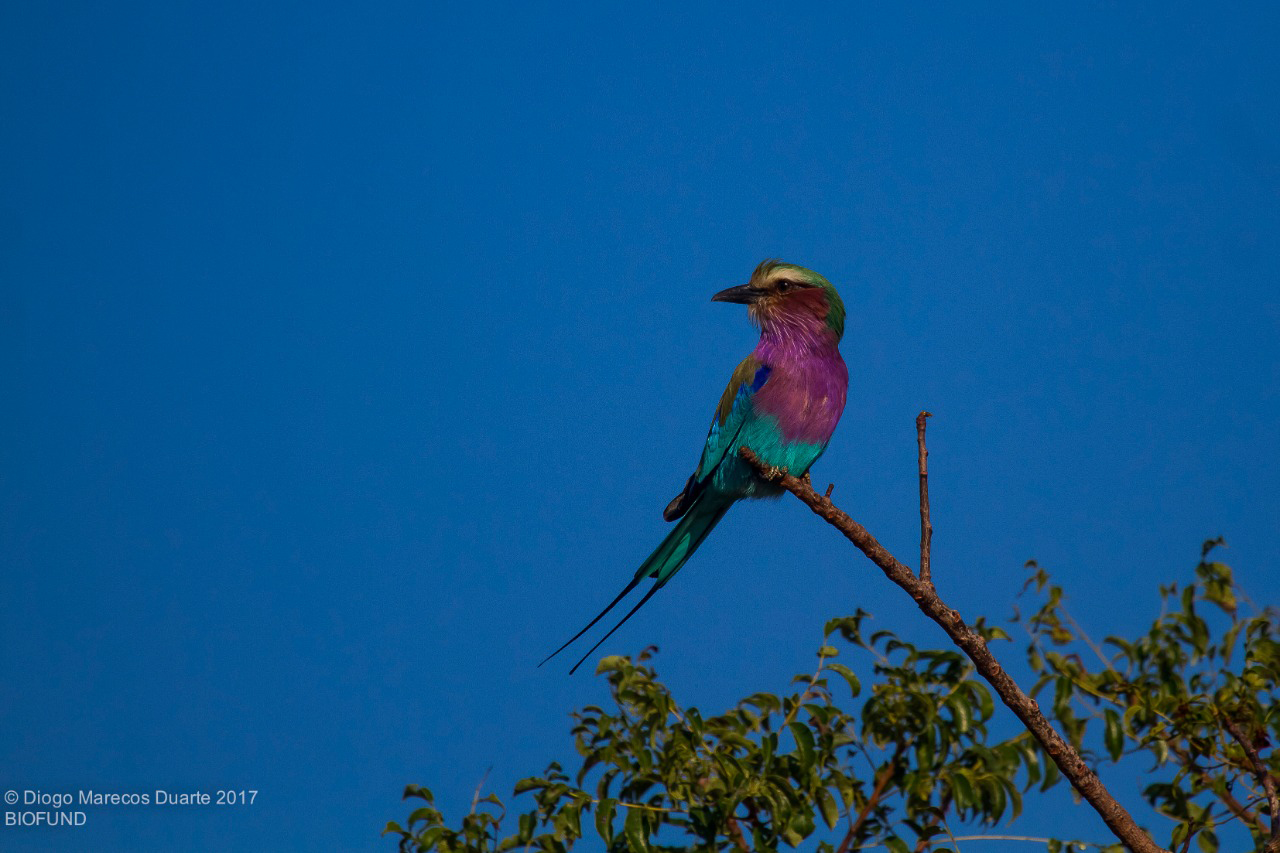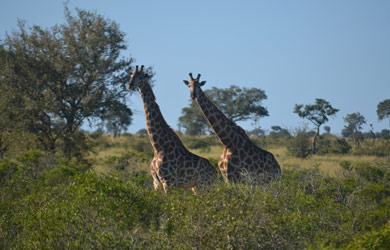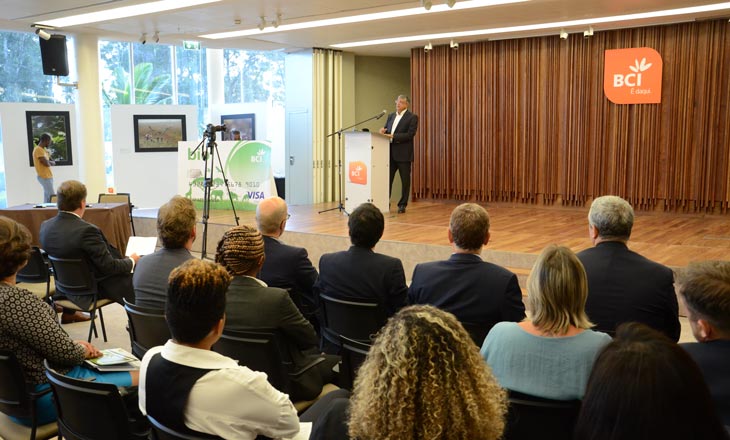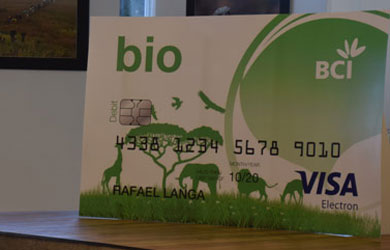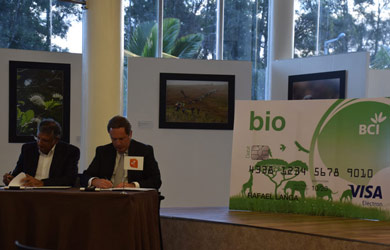Updated at 23/04/2025
What is the Bio Card?
Bio card is the first biodegradable bank card in Mozambique. It was launched on 8 December 2017, as the result of a partnership between the Commercial and Investment Bank (BCI) and the Foundation for the Conservation of Biodiversity (BIOFUND). The relevance of this card for the conservation of biodiversity is that a percentage of the annual card fee, as well as a percentage of the value purchased with the card is channelled to an account of BIOFUND to support conservation projects, without any additional cost to the user. The card was developed with polylactic acid material, a substitute for plastic, which is derived from petroleum. PLA is obtained from renewable sources (maize), and it can be recycled, incinerated, or put into landfills without harming the environment.
Advantages of the Bio card
The Bio card is a debit card that allows the client to undertake a range of banking operations (with some added value compared to a common debit card) with full comfort and safety, at any Point of Sale (POS) terminal, or Automated Teller Machine (ATM), or Visa Electron or SIMO networks in Mozambique and abroad, without any cost to the client, allowing all Mozambicans to contribute actively to the conservation of the rich biodiversity of our country.
Who can have a Bio card?
Citizens who are over 21 years old and who meet the requirements for having a bank account. If you have a bank account at the BCI, you can request your card at the nearest BCI branch, or through Internet Banking.
Number of users of the Bio card
Sum raised since 2017
Pilot projects benefitting from the Bio card
The potential beneficiaries of the Bio card are small scale projects with a capacity to implement projects to conserve biodiversity, including research and innovation aspects.
Sàbié Game Park
The Sàbié Game Park (SGP) is located in Moamba district, in Maputo province. It covers an area of 30, 000 ha and is characterised by a rich terrestrial biodiversity, that includes buffaloes, giraffes, rhinoceros and elephants. This Conservation Area benefitted from the first project financed with funds from the Bio card, from 2019 up to 2020, for the conservation of white and black rhinoceros, species that are endangered in Mozambique. The project was designed by MozParks Initiative INC., an organisation which supports Mozambican private investors in their effort to conserve wildlife and interact with local communities. Funds from the Bio card supported the acquisition and placing of satellite tags on the animals in order to better track and protect the rhinos.
Bobole Botanical Reserve
The Bobole Botanical Reserve (RBB) was set up on February 1945, specifically to protect Raphia australis, a near-endemic species in Mozambique, and its natural ecosystem. It is located in Marracuene district, in Maputo province. The project with support of the Bio card, implemented by the Mozambican Agricultural Research Institute through the Forest Research Center in partnership with KOSMOZ and the National Research Fund (FNI), began in August 2020 and is scheduled to end in July 2023. Its goal is to conserve and repopulate the area with Raphia australis in association with other local, native species and food crops based on adopting integrated agro-forestry systems and income generating alternatives.
Flora Raphia Australis
Environmental Protection Area of the First and Second Islands (APAIPS)
The Environmental Protection Area of the First and Second Islands (APAIPS) is one of the largest marine areas in Africa, managed by the National Administration of Conservation Areas (ANAC). Located in northern Mozambique, in the provinces of Nampula and Zambézia, this area covers an area of approximately 1,040,926 hectares and a land strip of 205 km. The archipelago of the First and Second Islands forms a region of significant marine influence where an extensive “reef chain” develops at depths that in certain locations emerge at the surface, with high richness in biological diversity
With funding from the Bio Card funds, 6 satellite markers were acquired to monitor the movements of marine green turtles, in real time, aiming to enhance knowledge about their migration routes after the nesting period. This project is being implemented by the World Wildlife Fund (WWF) Mozambique, from April 2022 to December 2023. Additionally, the program includes communication and awareness-raising activities for the conservation of sea turtles, providing valuable information about the migration routes of the tagged turtles.
Conservation at the University Botanical Garden of UEM
Situated in the heart of Maputo, the University Botanical Garden, spanning 5 hectares, is a sanctuary for Mozambican flora, relatively unknown to many. This project, supported by the Bio Card and led by the Faculty of Sciences at UEM, focuses on the protection of endangered species, with special attention to plants such as Warburgia salutaris, Encephalartos lebomboensis, and Encephalartos umbeluziensis, all listed in the Mozambique Red List. Over the course of two years, this project will not only promote the conservation of these species but also empower students and professionals in habitat restoration techniques and the cultivation of native plants.
Study and Protection of Banhine National Park
This park, located in the Gaza Province and spanning 7,250 km2, is a diverse ecosystem designated as a National Park in 1973, managed by the National Administration of Conservation Areas (ANAC). With funding from the Bio Card and administration by the Museum of Natural History, the current project focuses on studying the role of Banhine National Park (PNB) as an internationally important wetland and as a migratory route for Eurasian birds. The project will last for two years and aims to highlight the ecological importance of the park, contributing to global conservation efforts.
Announcements and Tenders
No announcements
FAQs- Frequently Asked Questions
A: All current and potential customers of BCI, who directly or indirectly identify with Biofund’s cause, which is the defense of Biodiversity in Mozambique.
A: Subscription will be made through the BCI branch network, by filling in the membership proposal.
A: No. The first and following annuities are charged.
A: The Bio card is valid for 3 years with automatic renewal.
A: In the area SUPPORT FOR SALE the INTRANET contains all the information you need about the cards, however any other information you may need, you can contact the DCE/Payment Means Office, through SERVICE DESK or through mailbox cartoes@bci.co.mz.
R: 6. In case of loss or misplacement of the card, how should the customer proceed?
A: The customer should immediately contact BCI Directo, available 24 hours a day to report the loss/theft of Bio card, using the following contacts:
- Fixed Line: +258 1224
- Mobile Line:+258 84 092 1224 /+258 82 999 1224/ 82 1224 / 84 1224
- Mobile Line: +258 84 092 1224 /+258 82 999 1224(Internacional)
If abroad, the BIO Card puts at your disposal the Global VISA Assistance, through the numbers identified below (call paid on the recipient, depending on the country where the holder is located). This assistance service operates 24 hours a day, 365 days a year and has multilingual service.
| South Africa | 0800‐990‐475 |
| Portugal | 800 844 034 |
| United Kingdom | 0800 169 5189 |
| United States | 1 866 765 9644 |
| Australia | 1 800 450 346 |
| Brazil | 0800-891-3680 |
| Other countries | +1 303 967 1090 |

News
Videos
First winner of the Bio Card campaign visits REM (now Maputo National Park)
Second winner of the Bio Card campaign visits Maputo National Park
Marking of Sea Turtles in the Environmental Protection Area of Primeiras and Segundas Islands
Partners





Donor

A BIOFUND is continuing to receive proposals for innovative projects that could contribute to the conservation of biodiversity in Mozambique.
For further information, contact our team through
the email: projectos@biofund.org.mz

Make payments with your Bio Card and contribute
to biodiversity here.
For further information, go to

Bio card
For more information read the flyer

